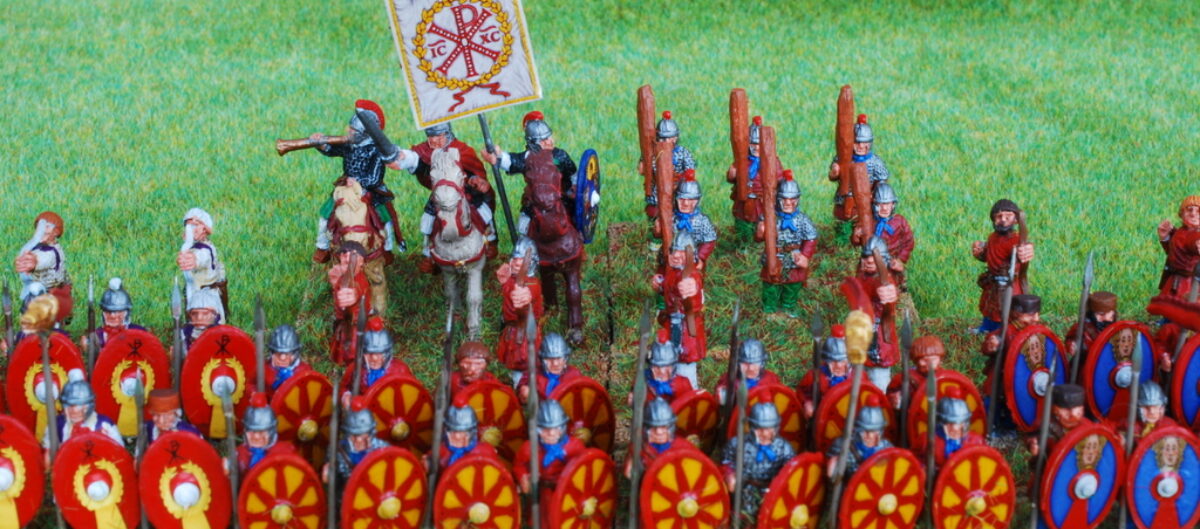Introduction
The aim of these rules is to allow role-playing in Tolkein’s Middle Earth within the ethos of Tolkein’s world. There have been various role-playing systems that have been used for Middle Earth, but they have all used mainstream rules-sets and ignored the unique features of Middle Earth, and have therefore short-changed the player. The key aspects of Middle Earth that I see and that are rarely reflected by rules-sets are:
- There is no real magic in Middle Earth. It is magical but there are no spell-casters in the classic RPG tradition. Superhuman abilities and feats seem to derive from the natures of the protagonist.
- There is no religion. The Valar may be analogous to gods but they are not worshipped and there is no evidence of any organised cults.
- There is an emphasis on lineage and authority, especially as concerns magical items.
- There is an expectation that people will behave according to their archetypes which needs to be reinforced and rewarded by the game system.
As a solution to these problems I propose to use a modified version of Greg Stafford’s Pendragon RPG system.
Traits
The heart of the system are traits, which measure your character’s behaviour in 14 areas, each on a scale of 0-20. Each area has a pair of reciprocal traits, the sum of which will always total to 20. Personality traits are altered by actions – the Games Master may add or deduct a point automatically for a particularly string deed, or he may ask you to make a personality check for a more nuanced need. In this case you need to roll over your current score in that trait in order to increase the trait by one.
Boons
Combinations of traits can lead to boons. This is the key game mechanism that allows for character development and progression. The ratioanle is that as the character becomes more noble or courageous or just, then they gain concomittant abilities. Thus someone like Aragorn, who is the epitome of courage, justice and nobility, is genuinely superhuman and protected by the powers from danger. Conversely, characters who are degenerate and depraved will gain abilities reflecting these personaility traits. Retaining the abilities depends on maintaining the personality traits, so you need to keep acting heroically to maintain your heroic abilities.
In order to structure the boons more conveniently, they are attached to Valar, which gives them a connection to the ethos of the world.
Skills
Skills are the general skills of the character, such as riding, sword-fighting or swimming.
Feats
Feats are the exceptional skills and abilities of the character. Feats are gained as a result of hero-points, which are given for heroic activities. Feats do not need to be specified at the time the hero-points are allocated, rather hero points can be used whenever to specify a new feat. Thus the ability to run without rest for three days is not a skill, it is not within the normal range of human or elven or dwarven ability. It is rather a feat. If the need suddenly arises to run without rest for three days, the character could use unused hero points to gain this feat. Once a feat has been gained, it can be used as many times as required. Feats need to be kept quite specific and rare in order to not unbalance the game. The cost of a feat in hero points should match its potency and scope.
